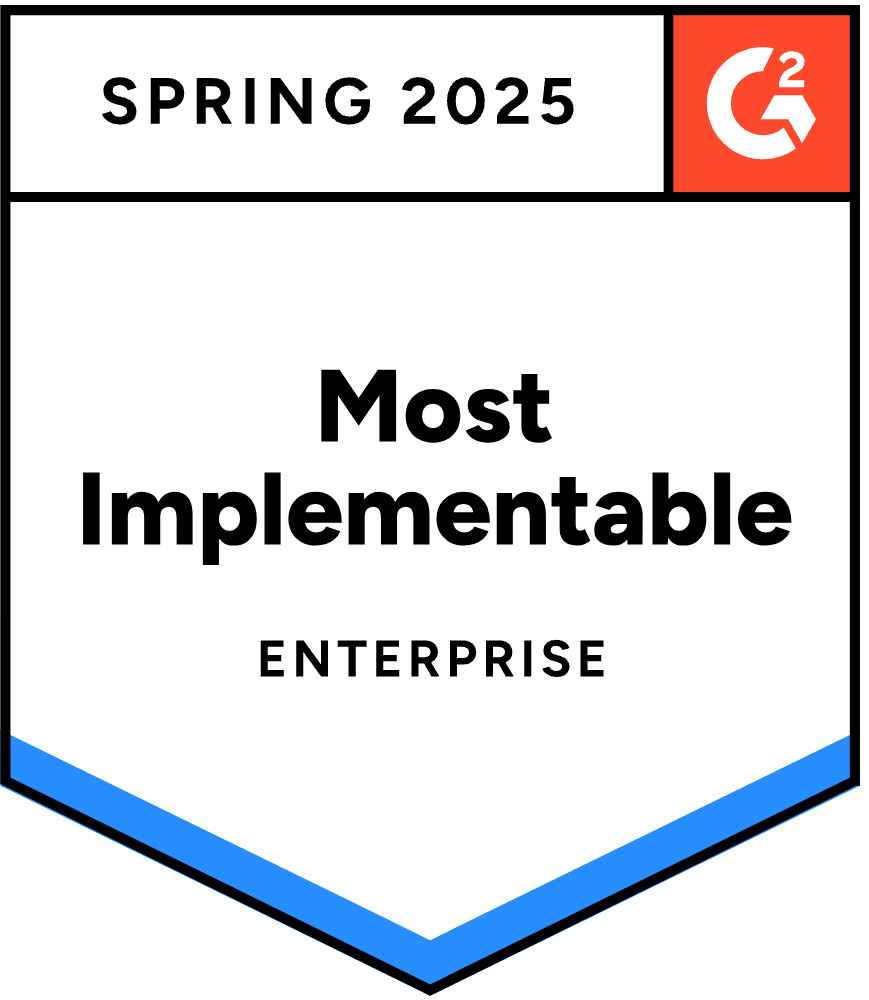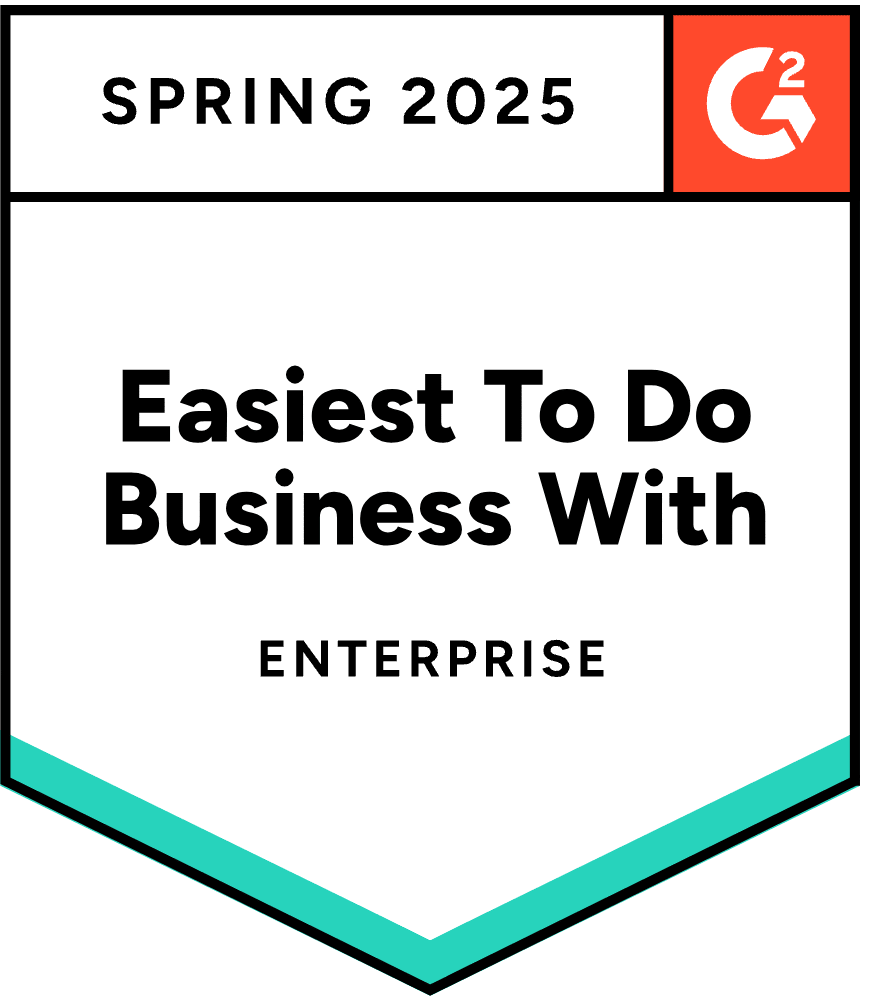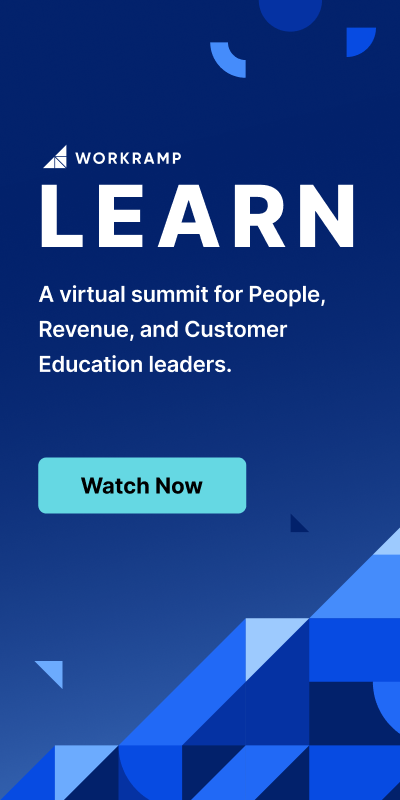You might also like
L&D
Relive all the action from WorkRamp LEARN
We came, we saw, we learned. Check out the most memorable quotes and soundbites from our guest speakers at WorkRamp LEARN Virtual Summit.
L&D
Learn about the most important employee strengths to cultivate
To drive growth and achieve long-term goals, it’s critical to understand your employees’ strengths and weaknesses.
L&D
The winning formula: community, culture, & talent development
Kat Steinmetz, Principal, Initialized Capital, shares strategies that enable success, like building strong employee communities, creating a great workplace culture, and hiring and developing top talent.
Ready to Explore Online Learning Platforms?
Get in touch to learn how WorkRamp can help you achieve your training goals.
Request a Demo




